Trump is making a ‘short-term political gamble’ on tariffs
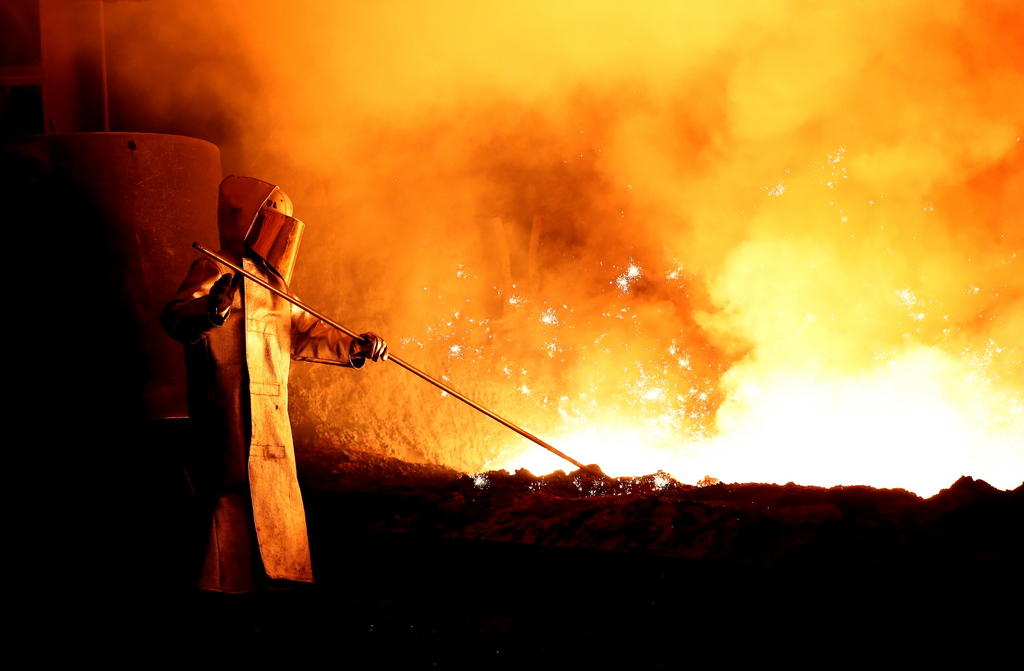
Tensions are running high after United States President Donald Trump's decision to slap tariffs on the steel and aluminium imports of close allies. Trade specialist Cédric Dupont External linkwarns that the move is bad news for the US in the long term.
Trump has imposed tariffs of 25% on steel imports and 10% on aluminium imports from top US trading partners, including Canada, Mexico and the European Union, which took effect on June 1. He has also threatened tariffs on Chinese imports that could rise to some $200 billion (CHF197 billion).
The US president campaigned on a pledge to rewrite trade agreements and crack down on China, Mexico and other countries. He blames what he calls their abusive trade policies for America’s persistent trade deficits – $566 billion last year.
His action has provoked retaliation from key allies, including the EU and Canada, who filed challenges with the Geneva-based World Trade Organization (WTO)External link last week. Mexico responded in kind by imposing its own duties on American steel on Tuesday, while also targeting agricultural products from pork to bourbon.

swissinfo.ch: What is the logic behind Trump’s commitment to impose tariffs on steel and aluminium imports from supposed allies?
Cédric Dupont: It’s his way of doing business. Basically, he’s very pragmatic. In business Trump doesn’t believe in having friends. It doesn’t matter if you are an ally; he has interests to defend and he has promised certain things to his voters.
This kind of strategy is not totally new. The US used a similar approach under George W. Bush. But no one has used these kinds of methods as brutally as Trump.
Trump is making a short-term political gamble. He might win, as he could get re-elected, but in the medium- to long-term this is very bad news for the US and for the rest of the world.
The risk is that if he goes too far, Trump could find himself all alone against everyone. That’s what happened in the 1930s when the US ended up being the big loser. You can compare it to what’s happening in the climate sector. The US wanted to do things unilaterally, but isolated themselves and quickly lost the political leadership.
swissinfo.ch: Are you worried about this escalating into a trade war?
C.D.: There is always that risk. But I think that Trump is used to these kinds of stormy discussions and I think that, apart from the Chinese, he’s probably got steelier nerves than the other players because it’s how he’s always operated. He sees that the Europeans haven’t got the nerve and that they get cross and show their cards too quickly.
The fact that Trudeau told him he would slap tariffs worth $13 billion on US products probably didn’t surprise Trump either. He just thinks, “I’ll flex my muscles, you’ll flex yours and in the end, we’ll see what we’ll do”. But is this approach productive?
Another aspect which perhaps we’re discovering is that Trump never burns his bridges.
swissinfo.ch: Is the WTO the place to help solve such an international trade dispute that could well drag on for years?
C.D.: The US has been involved in lots of procedures before the WTO’s dispute settlement body. In general, these procedures take about two years, and in the end, things usually return to normal. But do such disputes go back to normal without the help of the WTO? That’s the big question we’re unable to answer.
I believe the EU is right to play the multilateral card – even if takes two years – as the US will be viewed as the bad guy and the cheat. Perhaps that won’t affect Trump but it will impact other economic players in the US, which is generally the big winner at the WTO. It’s not in the US interest to start giving up on global trading rules.
The WTO offers a sort of multilateral control over this diplomatic game which is the best we have. There is no other alternative.
swissinfo.ch: Last year, Switzerland exported to the US aluminium and steel products worth around CHF90 million. Swiss officials have expressed concerns over a possible undesirable chain reaction resulting from the US tariffs and retaliations. What repercussions could Switzerland encounter?
C.D.: When a country depends on international trade as much as Switzerland, any trade war can have an impact. The worry is that when you start entering a downward spiral caused by trade tensions, markets become nervous and investors want to invest less – that will impact a country like Switzerland. But it’s difficult to put a figure on it.

In compliance with the JTI standards
More: SWI swissinfo.ch certified by the Journalism Trust Initiative








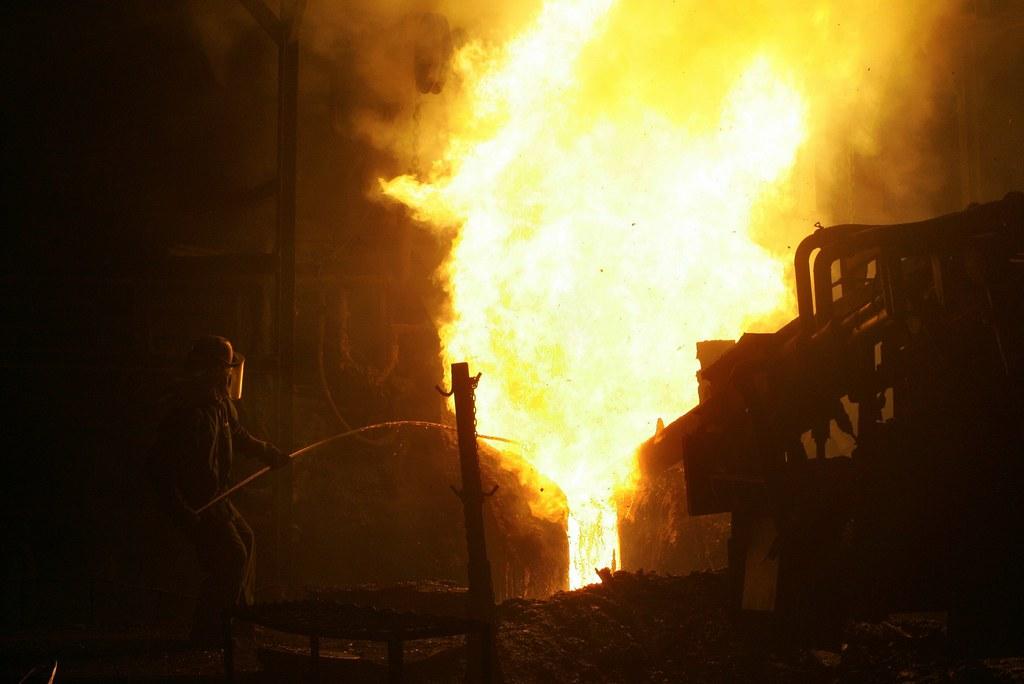
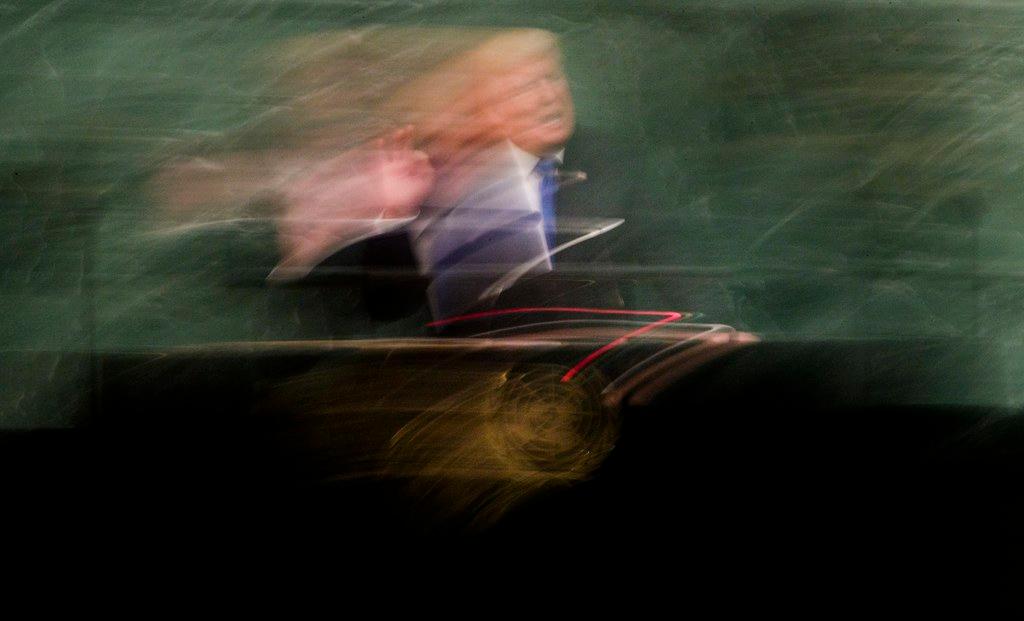

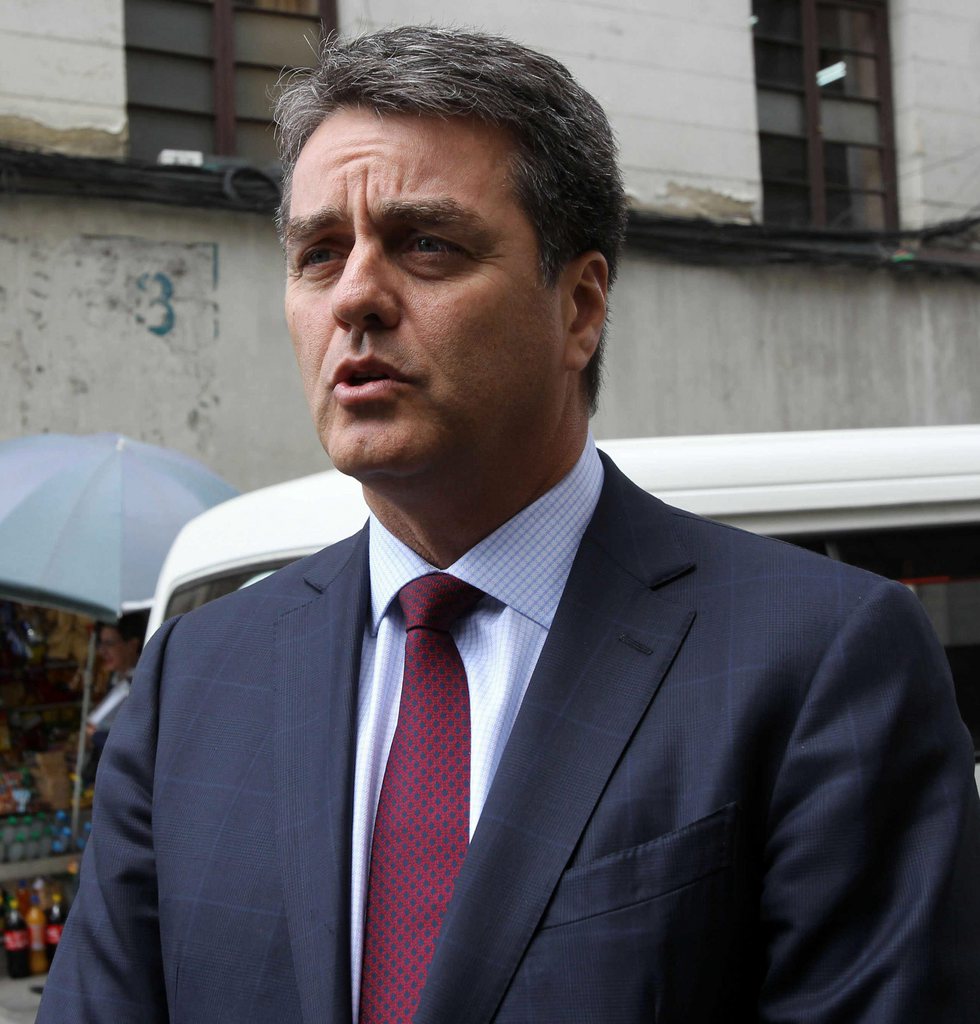
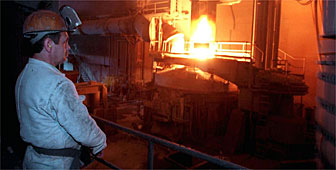
You can find an overview of ongoing debates with our journalists here . Please join us!
If you want to start a conversation about a topic raised in this article or want to report factual errors, email us at english@swissinfo.ch.